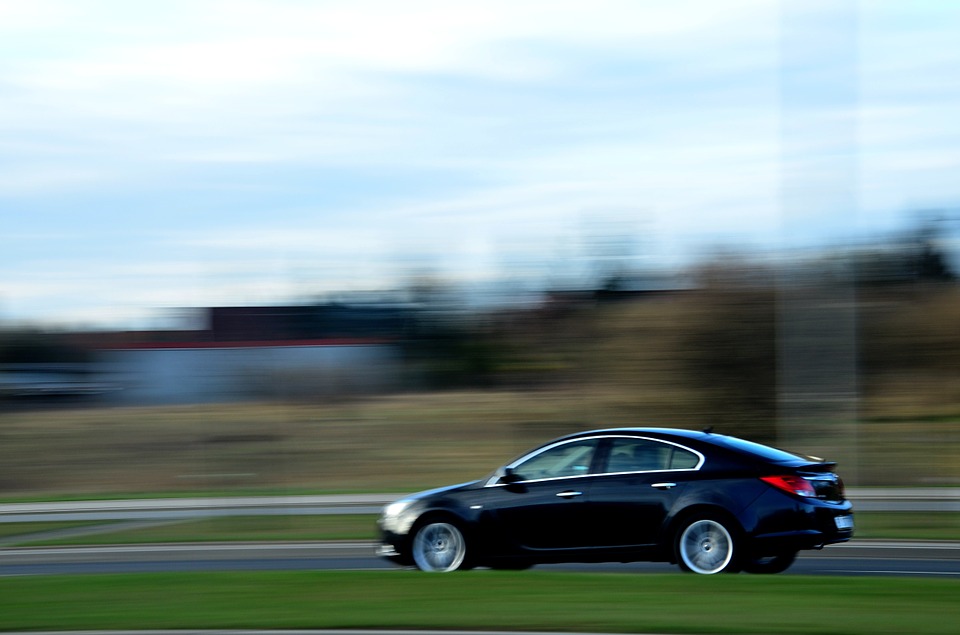
If you’re like most people, you probably find that you often forget to do some of the most important safety checks on your car.
For many people, it’s hard to know exactly what you need to check. Regularly checking your car will mean that you’re prolonging its life (so it’ll be easier to sell), keeping it safe and legal to drive, saving money on fuel since it’s running efficiently, and preventing hassle since you won’t be dealing with breakdowns.
There are a few basic things you should check whenever you’re planning to drive your car. Take a super quick walk around the outside and check for flat tyres, damage to your lights, any loose trim, chips or cracks in your windscreen or windows, or oil leaking underneath your car. You’ll also want to check that your windscreen and windows are clean so you have good visibility while driving.
By keeping an eye on the general health of your car, you’ll be ensuring that it’s in condition- something that will help it last longer. It also means that if you see anything out of the ordinary, or anything beginning to wear, you can get it fixed before it becomes a massive problem.

Always remember to regularly top up your car with petrol. Murphy’s law states that when you really need to hit a petrol station will also be when you’re running late. It’s also bad for your car to be driving around with your petrol light on, since you’re using all of the sediment and dirt from the bottom of the tank.
Your car also needs oil to run, and most cars will have a light on the dashboard that will let you when your oil is low. While you’re checking your oil, you’ll also want to cheek the clutch fluid level and brake fluid level since you’ll already be under the bonnet.
You’ll also need to check on the water- this is the big plastic tank in your car. In winter, you’ll be adding antifreeze here too. Remember to only check this when the engine is cold, otherwise you could be in trouble if the pressurised hot water shoots up like a volcano.
Next, check on your electrics. This is when you make sure all of your indicators and lights are working. Ask someone to let you know if your brake lights are working as well.
Checking your tyres is also super important. They need to be well pumped up each time you’re driving, and your tread also needs to be well above 1.6mm (the legal limit). Your tread is what helps you stop your car from skidding and you’ll need to make sure you check your spare tyre at the same time.
If you’ve been injured in a car through no fault of your own, get in touch with Slater & Gordon Personal Injury lawyers to learn how they can help.


